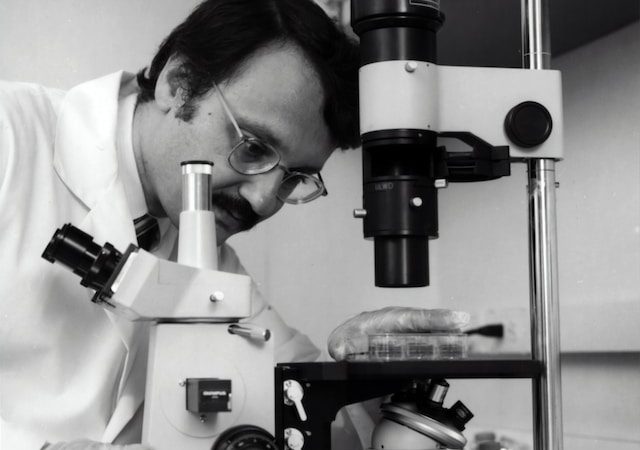The recent cancer scare that shook the healthcare industry has ignited a pressing conversation about the need for improved diagnostic practices. Inaccurate test results, false alarms, and the ensuing emotional turmoil experienced by patients have served as a wake-up call, urging healthcare providers to reevaluate their diagnostic protocols and prioritize accuracy in the pursuit
The recent cancer scare that shook the healthcare industry has ignited a pressing conversation about the need for improved diagnostic practices. Inaccurate test results, false alarms, and the ensuing emotional turmoil experienced by patients have served as a wake-up call, urging healthcare providers to reevaluate their diagnostic protocols and prioritize accuracy in the pursuit of better patient outcomes.
The incident unfolded when a series of diagnostic tests, trusted by patients and healthcare professionals alike, produced alarming false positive results. The ripple effect was immediate and profound. Patients, believing they had been diagnosed with cancer, grappled with the fear, uncertainty, and psychological distress that accompanies such devastating news. Lives were disrupted, treatment plans were altered, and trust in the healthcare system was shattered.
The recent cancer scare has highlighted the complexity and challenges inherent in the diagnostic process. While medical advancements have undoubtedly improved our ability to detect diseases, this incident exposes the inherent fallibility of even the most advanced diagnostic technologies. It serves as a stark reminder that diagnostic testing should be approached as a critical component of a comprehensive evaluation, rather than an infallible means of determining a patient’s health status.
One of the key lessons to be learned from this incident is the importance of rigorous quality control measures throughout the entire diagnostic process. Testing facilities must ensure that their equipment is functioning optimally, that samples are handled and processed accurately, and that healthcare professionals are well-trained in interpreting test results. Ongoing monitoring and review of testing protocols are vital to minimize the risk of erroneous results and maintain patient trust.
Furthermore, effective communication between healthcare providers and patients is paramount. Transparent discussions about the limitations, potential risks, and benefits of diagnostic testing can empower patients to make informed decisions about their healthcare. Patients must be equipped with the knowledge to ask questions, seek second opinions when necessary, and actively participate in their diagnostic journey. Informed consent and shared decision-making are essential components of a patient-centered approach to healthcare.
The incident also underscores the need for continued investment in research and development of diagnostic technologies. While we have made significant strides in diagnostic accuracy, there is always room for improvement. Innovations in artificial intelligence, data analysis, and precision medicine hold promise for enhancing diagnostic capabilities and minimizing the occurrence of false alarms. However, these advancements must be rigorously tested, validated, and implemented with a commitment to patient safety and ethical considerations.
In the aftermath of this cancer scare, it is crucial that healthcare providers prioritize the emotional well-being of affected patients. The psychological toll of false positive results should not be underestimated. Access to counseling services, support groups, and resources tailored to the unique challenges faced by these individuals can play a crucial role in their recovery and help rebuild trust in the healthcare system.
This incident serves as a catalyst for change. It demands that healthcare providers reassess their diagnostic practices, invest in quality control measures, foster open communication, and embrace a patient-centric approach. By learning from this wake-up call, the healthcare industry can work towards a future where diagnostic testing is not only accurate but also integrated into a comprehensive care model that prioritizes patient well-being at every stage.
As we navigate the complexities of the healthcare landscape, the recent cancer scare serves as a stark reminder of the fragility of the diagnostic process. It compels us to question, reevaluate, and implement strategies to enhance accuracy, foster trust, and ensure that patients receive the care they deserve. Only by learning from this wake-up call can we forge a path towards a healthcare system that truly prioritizes accurate diagnoses, compassionate care, and improved patient outcomes.

















Leave a Comment
Your email address will not be published. Required fields are marked with *